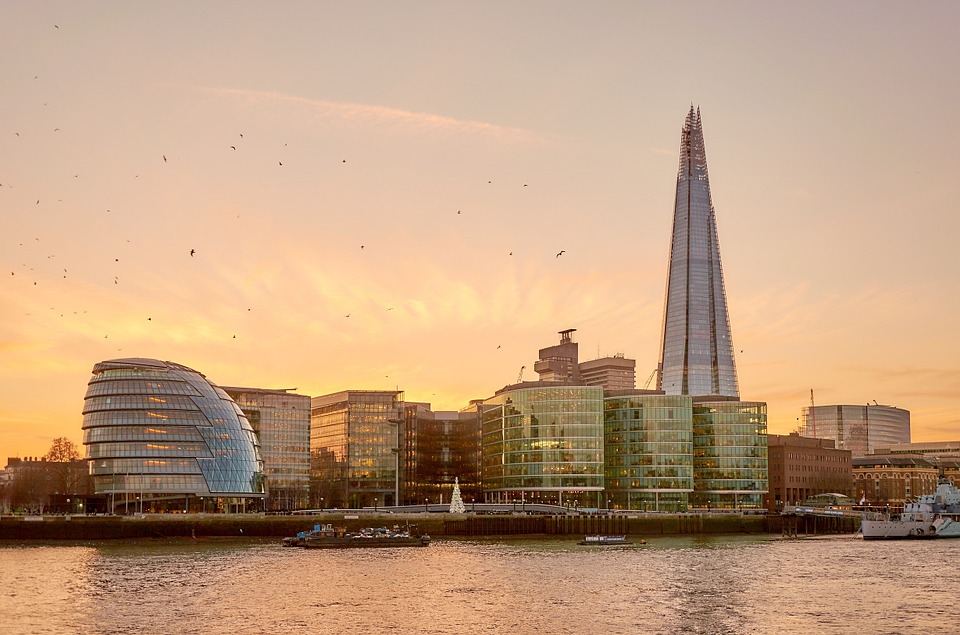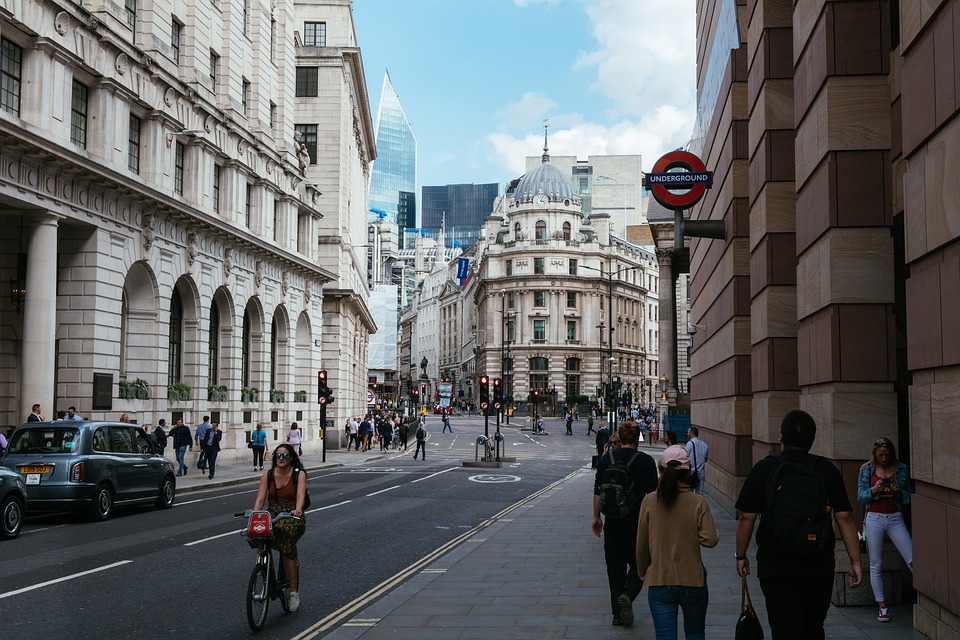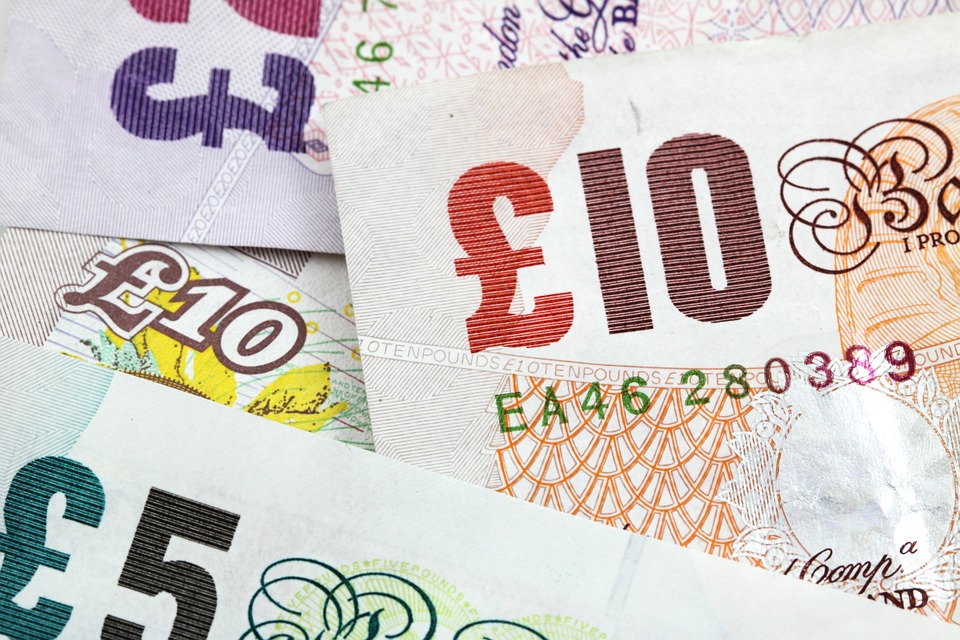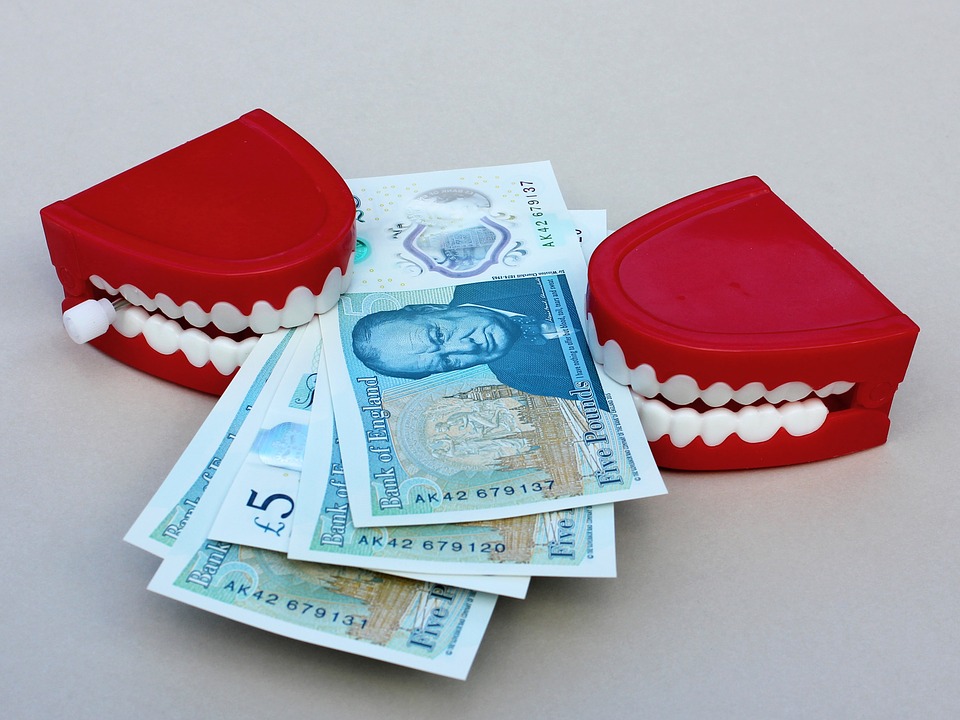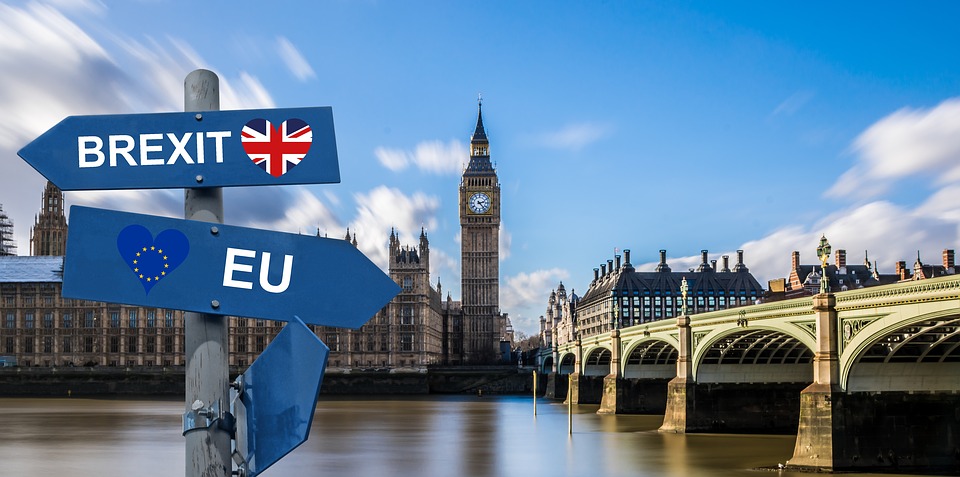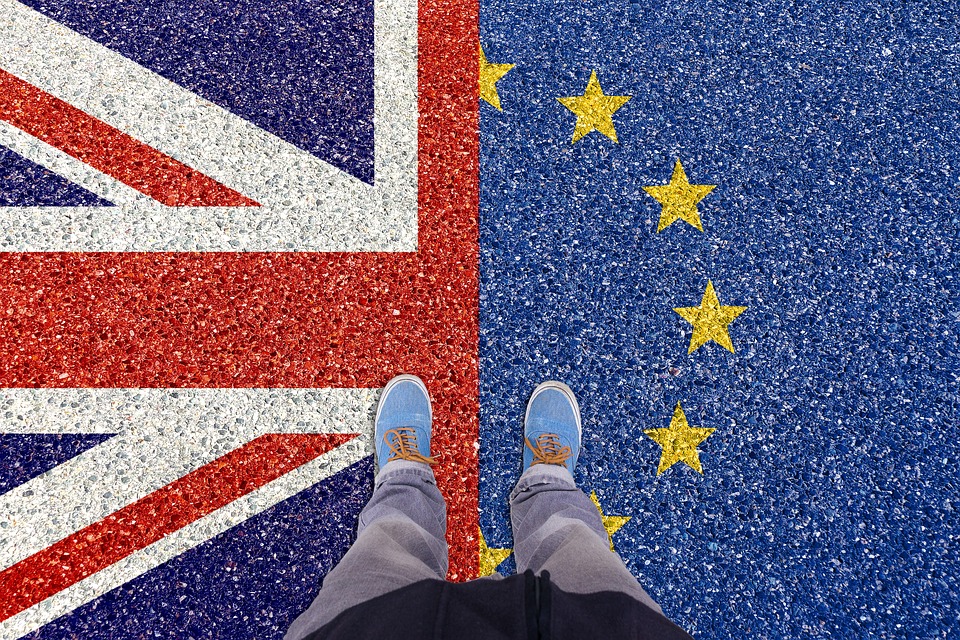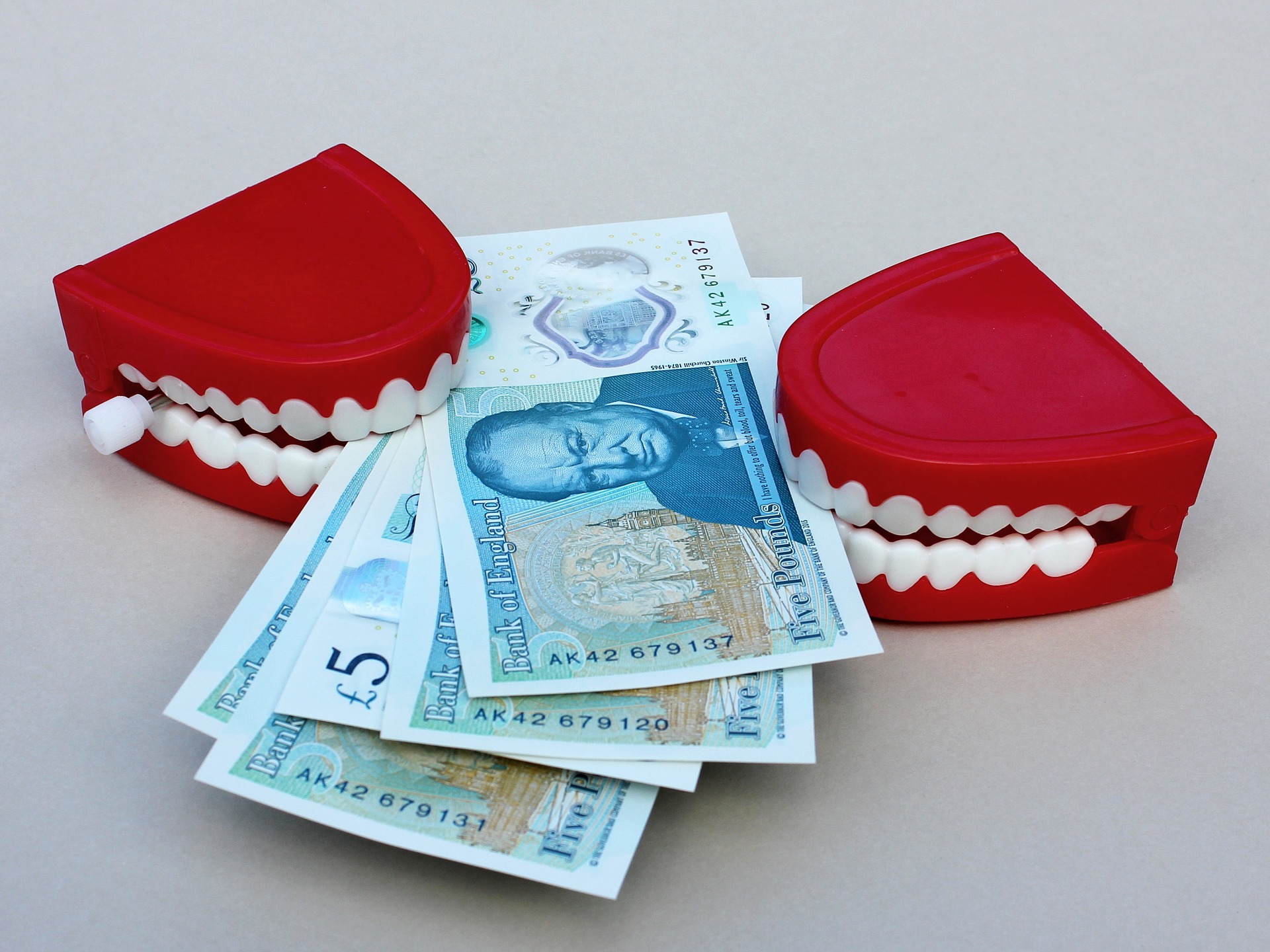The Bank of England’s Financial Policy Committee (FPC) said it will “monitor closely” the credit conditions facing the economy amid the coronavirus pandemic, and stands ready to take further actions if needed.
In minutes from recent meetings released this morning, the Committee said it “stands ready to take any further actions deemed appropriate to support UK financial stability”.
It described the “nature and global impact” of the shock caused by coronavirus and the speed with which it has spread as “unprecedented in recent history”.
The FPC said it “judges that major UK banks are well able to withstand severe market and economic disruption”, having “built up the resilience of the UK financial system over recent years”.
It also deems “household vulnerability is considerably lower than before the financial crisis”.
The Bank of England has twice slashed interest rates in response to the coronavirus outbreak, with the Bank’s main rate reaching a record low of 0.1 per cent.
The BoE has also launched a £200bn money-printing programme in a bid to calm panicked markets and support the economy.
Its FPC and Monetary Policy Committee (MPC), has also introduced measures to reduce financial stability risks associated with the pandemic and to keep credit flowing into the economy.
These include cutting the UK’s countercyclical capital buffer rate to zero per cent of banks’ exposure to UK borrowers, in the hope this would release up to £190bn of bank lending to businesses. The rate had been at one per cent and was due to reach two per cent by the end of the year.
Last week, the BoE cancelled this year’s stress tests of major banks in Britain and pushed back the implementation of new capital rules to help banks focus on supporting customer lending during the pandemic.
The FPC said today that the UK’s major banks have Tier 1 capital levels — a key measure of financial strength — over three times higher than before the global financial crisis.
“Businesses and households should be able to turn to the banking system to meet their need for credit to bridge through this period of economic disruption.”
It added that it “will monitor closely the response of banks to these measures as well as the credit conditions faced by UK businesses and households more generally”.
By Anna Menin
Source: City AM

